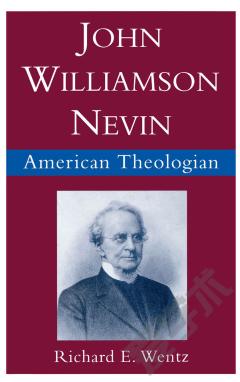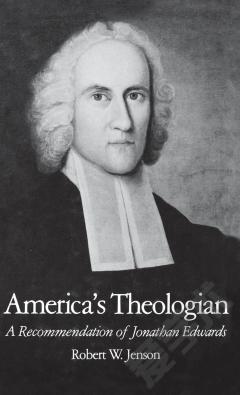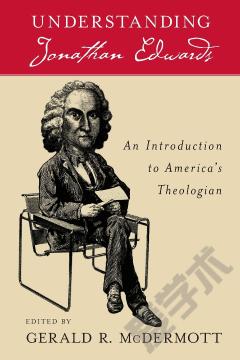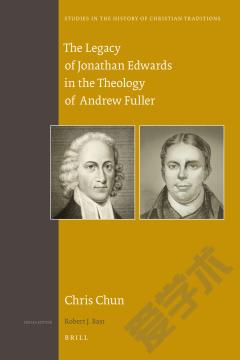John Williamson Nevin —— American Theologian
----- 约翰威廉姆森内文:美国神学家
This study of the life and thought of John Williamson Nevin (1803-1886) offers a revised interpretation of an important nineteenth-century religious thinker. Along with the historian Phillip Schaff, Nevin was a leading exponent of what became known as the Mercersburg Movement, named for the college and theological seminary of the German Reformed Church located in Mercersburg, Pennsylvania. The story is a neglected aspect of American studies. Wentz provides a kind of post-modern perspective on Nevin, presenting him as a distinctively American thinker, rather than as a reactionary romantic. Although influenced by German philosophy, historical studies, and theology, Nevin's thought was a profound response to the American public context of his day. He was, in many respects, a public theologian, judging the prevailing development of American Christianity as a new religion that was fashioning its own disintegration and that of American culture at large. Nevin's reinterpretation of catholicity in the American context opened the way for a radical understanding of religion and of American public life.
{{comment.content}}








 京公网安备 11010802027623号
京公网安备 11010802027623号